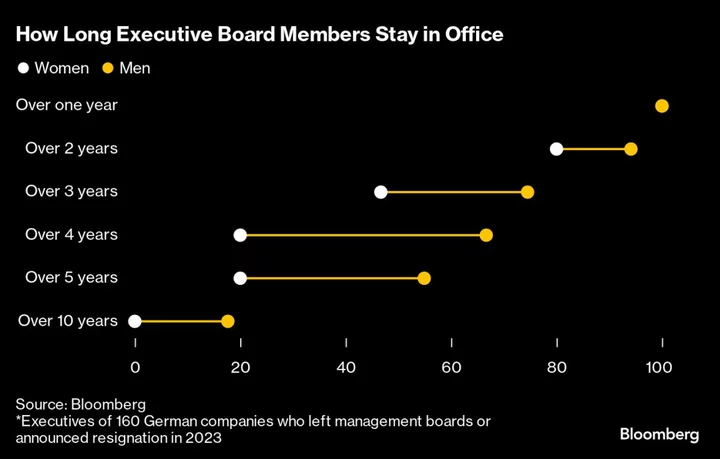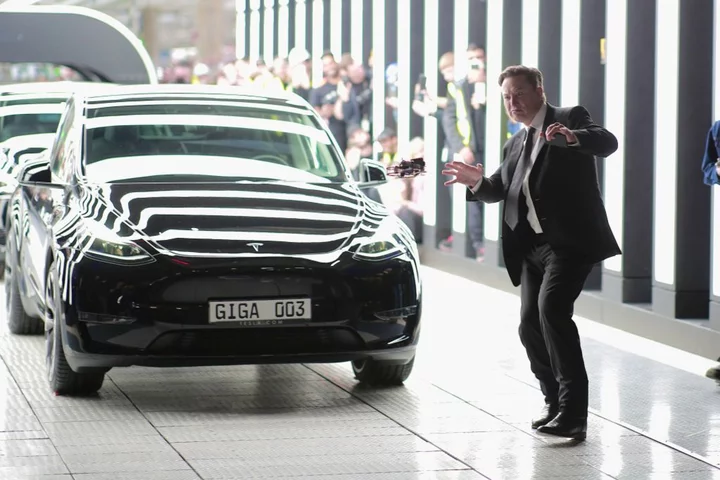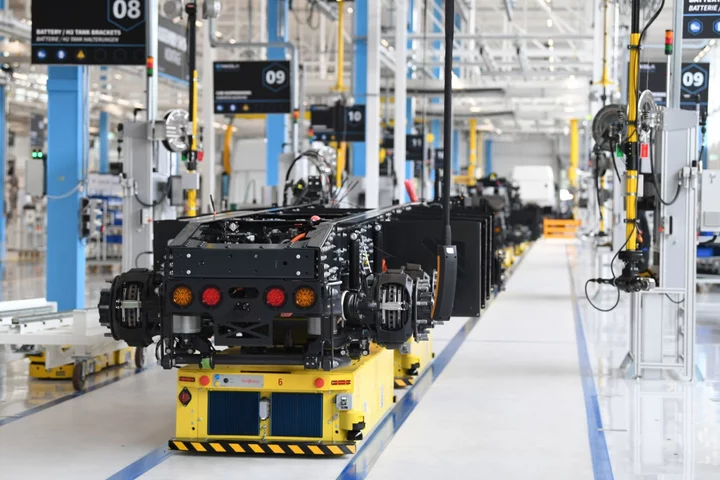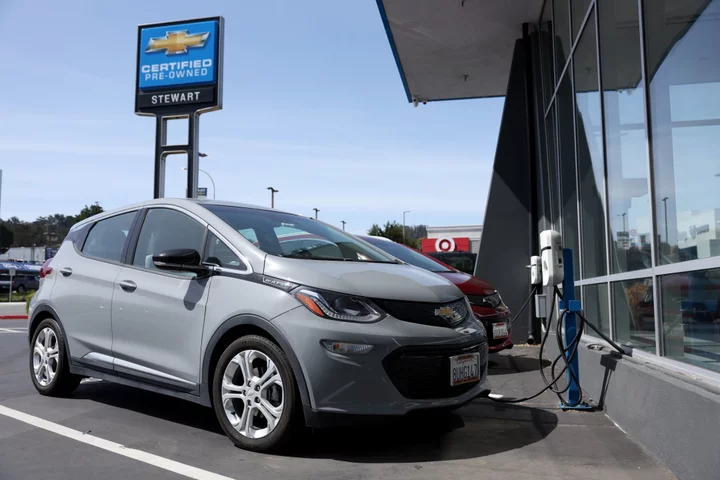Maruti Suzuki India Ltd. reported first-quarter profit in line with the estimate as easing semiconductor crisis boosted sales. The nation’s biggest carmaker announced buying its Japanese parent’s plant in the western state of Gujarat.
Net income was 24.9 billion rupees ($303 million) for the three months ended June 30, compared with 10.1 billion rupees a year earlier, the unit of Japan’s Suzuki Motor Corp. said Monday. That met the average analyst estimate of 24.66 billion rupees.
Revenue rose 22% to 323.3 billion rupees, beating estimates. Total costs advanced 19% to 301.4 billion rupees, according to the filing, while raw material expenses declined 14% compared with a year ago.
Maruti said its board approved acquiring Suzuki Motor Gujarat Pvt. — with which it had a contract manufacturing agreement — from Suzuki Motor Corp. The mode of acquisition and amount to be paid will be finalized in the next board meeting, and is subject to regulatory approvals, it said in the filing.
Maruti, like its competitors, is battling rising input costs along with the tight supply of semiconductors. The carmaker has raised vehicle prices to protect its margins from higher raw material costs.
Production in June slid to 137,133 units from 144,409 as the shortage of electronic components had a “minor” impact.
Maruti is expanding its lineup to cater to high-end buyers as the company pivots away from small and cheaper cars. It unveiled its costliest car, Invicto, earlier this month and has plans to increase its market share in the sport utility vehicle segment.
Its parent Suzuki is planning to invest about 2.8 trillion rupees by the end of the decade to enhance products, introduce new technologies and set up facilities in India, Maruti Chief Executive Officer Hisashi Takeuchi has said. Maruti will launch six electric vehicles by fiscal year 2031 across different vehicle classes, according to Takeuchi.
(Updates with details throughout.)









